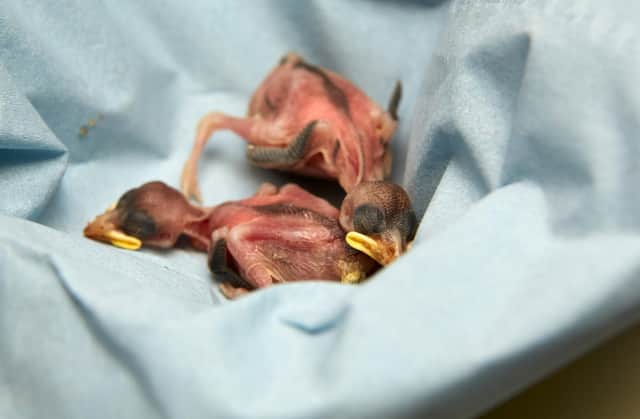RSPCA braced for flood of orphaned, sick and injured baby birds this spring


The majority of calls from concerned members of the public came in during the peak months of May, June and July. At its busiest in June 2020, the charity was taking five calls an hour from animal lovers reporting young wild birds in trouble.
Around one third of all the calls last year related to orphaned birds and others were about sick and injured birds. The majority were about fledglings (older baby birds that are starting to fly), which the RSPCA advises can generally be left to be cared for by their parents. The charity also received calls about nestlings - the very young baby birds - who will not survive out of the nest. Nestlings are highly vulnerable and more likely to need help.
Advertisement
Hide AdAdvertisement
Hide AdRSPCA’s Scientific Officer Evie Button said: “Our wildlife centres are now on high alert as the baby bird season kicks off. As well as handling thousands of calls - around 9,000 - last year, more than 5,400 orphaned, injured or sick young birds were brought into our four specialist centres. That’s a lot of round-the-clock hand-feeding, monitoring and rehabilitation of all types of young birds, from cygnets, sparrows and swallows to guillemots, goshawks and gulls!
“It’s wonderful that people want to do the best for our wildlife, but sometimes it’s difficult to know when to intervene and when to hold back. It is really important to ensure it is only those that really need help that are brought in, and in most cases, the best thing you can do for them is to help them stay in the wild using methods like re-nesting. If in doubt, our new, downloadable guides - one for fledglings and one for nestlings - are full of advice and can help to identify whether the young bird is a fledgling - which unless sick or injured, is likely to survive outside the nest without human intervention - or a younger, more vulnerable nestling, which will probably need extra help.”